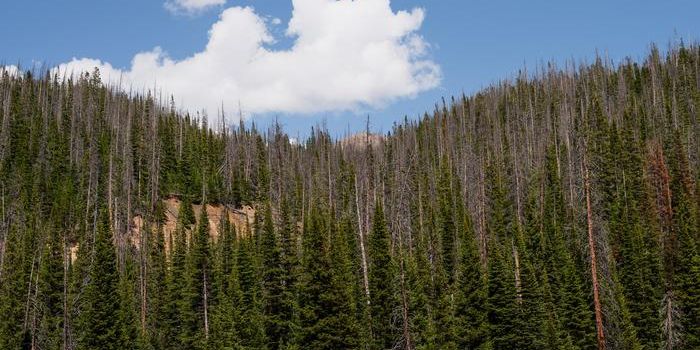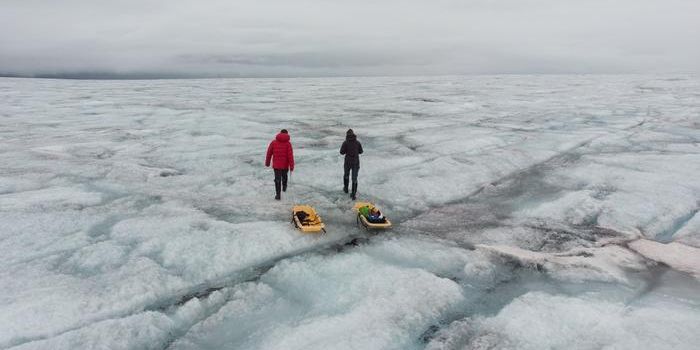Why does cement deteriorate so quickly?
New research published in the journal PLOS ONE details the discovery of trace quantities of organic matter in concrete structures and asphalt pavements. The presence of such organic matter is the driving factor behind the deterioration of these materials, explains the research team. The study highlights new ways to assess concrete and pavement deterioration, methods that have on-the-ground implications for construction.
The study comes from a collaboration of researchers from six institutions led by Hokkaido University. The team documented how the deterioration of concrete and pavement, including cracks, disaggregation, and delamination, poses safety risk to structures and increases costs needed for upkeep and repair.
To design a new assessment method to measure deterioration, the team simulated the conditions that concrete and pavement experience in the real world and then used CT scans to assess the damage to the materials. They tested a wide range of concrete and asphalt samples, dating as far back as 120 years old.
During this investigation, the researchers realized that modern commercial cements produced an odor when mixed with water that older samples did not. Hypothesizing that the smell was a result of the presence of organic matter in the modern cements, they conducted follow-up tests and indeed found trace amounts of organic matter. The scientists explain that the molecules could have been either incorporated into the cements during the manufacturing process or absorbed from the environment.
Further tests showed that the presence of organic matter was a factor in triggering the deterioration of concrete and asphalt pavement samples. The team reports that phthalates cause the most deterioration and that organic matter mixed with water resulted in rapid deterioration of asphalt pavements. These discoveries can be informative for the production of concrete structures and asphalt pavements more capable of withstanding wear and tear.
Sources: PLOS ONE, Science Daily








